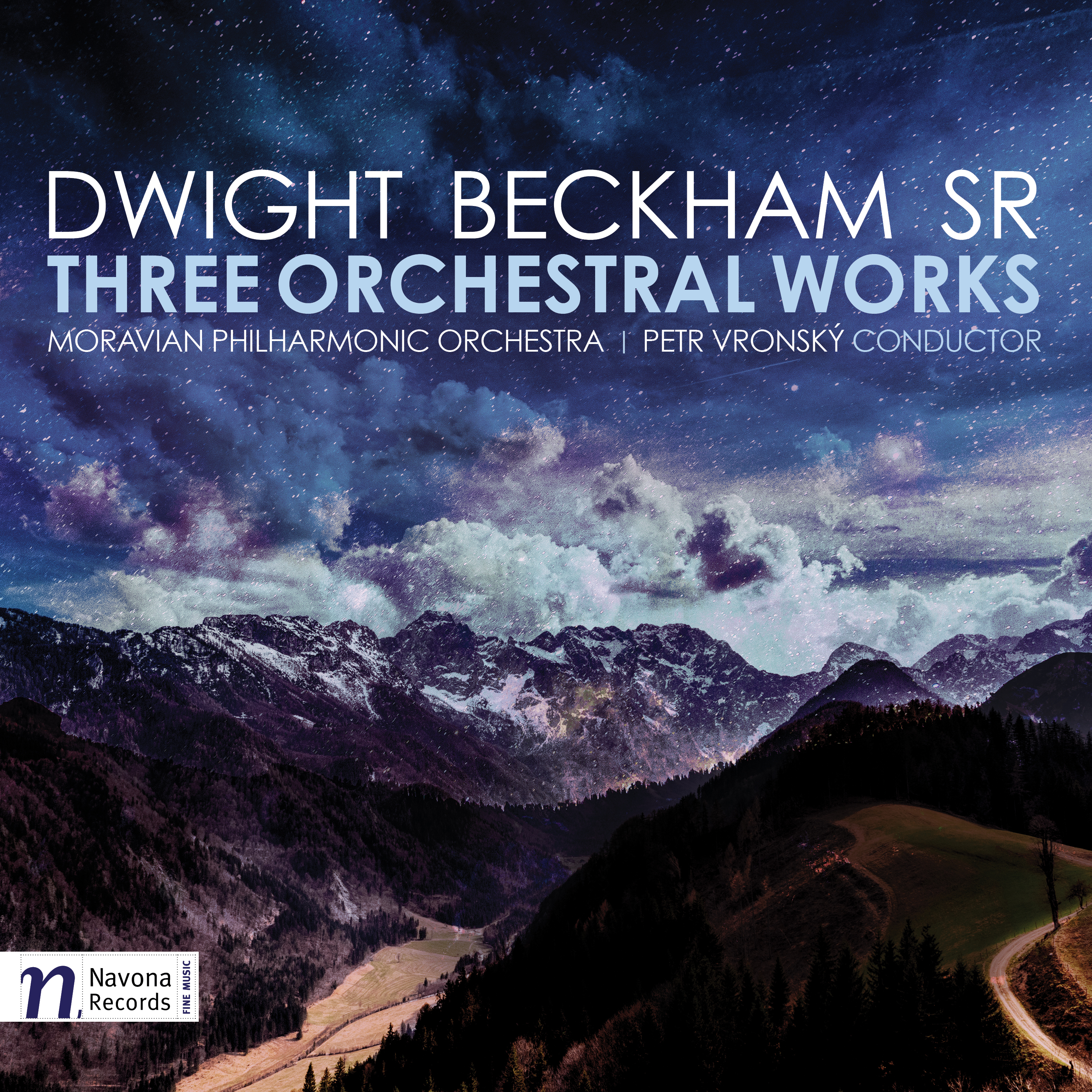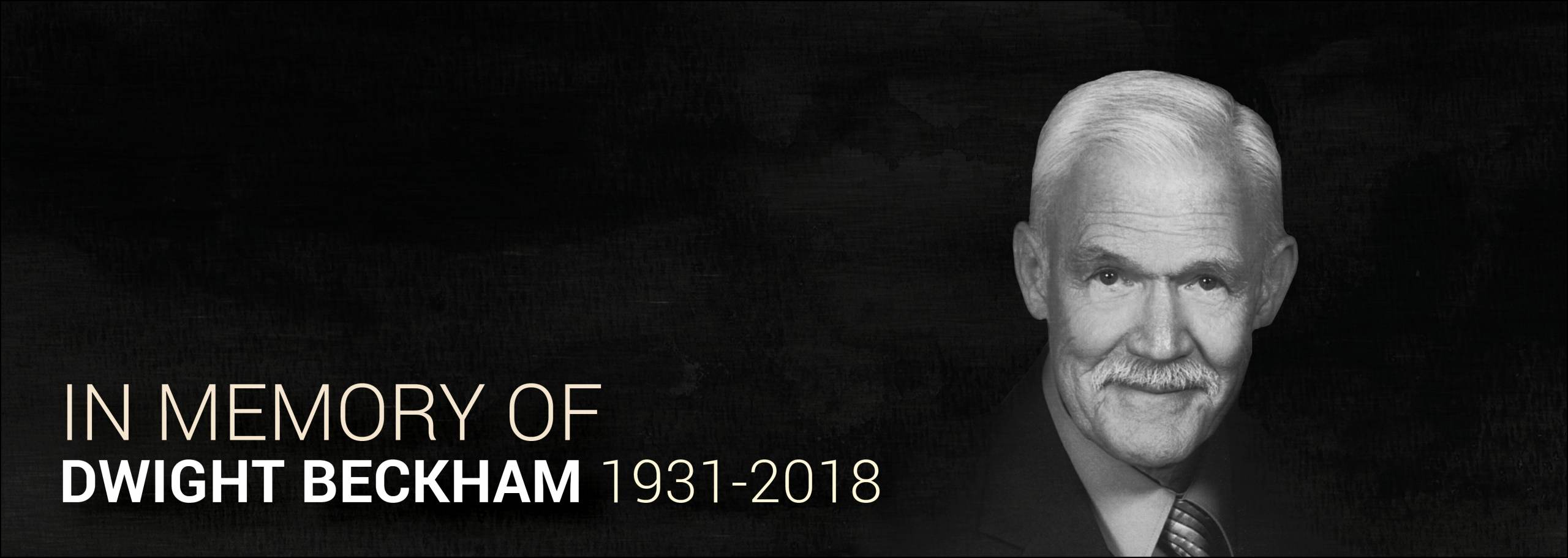Dwight Beckham grew up in the countryside of Lamont OK, and spent his 64-year career as a trumpeter, band director, and composer in Hesston KS, another small town barely more than 100 miles from his birthplace. Beckham’s music is defined by a majestic, expansive sound that seems to reflect the geographic grandeur of the Great Plains region where he spent his life.
The album DWIGHT BECKHAM: THREE ORCHESTRAL WORKS, released on Navona Records, is an excellent representation of Beckham’s impressive ability to wield the classic orchestral sound. Strong melody is a cornerstone of Beckham’s style, and one of his greatest strengths. In particular, Beckham’s melodies are evocative of particular moods – they welcome his listener into the emotional space the piece requires. Strong lines are also important to Beckham’s approach to form, which picks up the mantle of 19th-century thematic practices as well as contrapuntal techniques from the common practice period.
THREE ORCHESTRAL WORKS opens with Fanfare 40 and Memorial Ode, which epitomize Beckham’s tendency to use these tools to propel the listener towards a clear and specific emotional response. These pieces seem drawn from Beckham’s esteemed pedagogical career, and, in addition to being ideally suited for youth ensembles, share characteristics with his other works for this setting. Feather Sound, a three-movement study for orchestra, is more abstract and spends more time with intricate orchestral textures while continuing to demonstrate Beckham’s embrace of traditional styles.
There is another through-line in Beckham’s music: he knew how to make a large ensemble sound good. Every piece on THREE ORCHESTRAL WORKS is orchestrated with exacting detail and unrelenting deftness. In the introspective middle section of Memorial Ode, for example, Beckham passes a lyrical line through the woodwind section, persuasively making one melodic voice out of many instruments. Contrastingly, the first movement of Feather Sound features an extended contrapuntal section where at least four parts, each individually composed of various members of the string, brass, and woodwind families, interweave adroitly in a crystalline polyphonic web.
In 2016, when Beckham accepted a lifetime achievement award from the Kansas Bandmasters Association, he recalled recently listening to recordings of the middle school band he had directed over 40 years prior: he marveled at how well they played. Although he would not take credit – instead, he thanked his students for their talent and hard work – it is clear from the technical gifts displayed in THREE ORCHESTRAL WORKS, that Beckham consistently made great-sounding music, regardless of whether he was at the conductor’s podium or the composer’s studio.
— Dr. Garrett Schumann, D.M.A.




